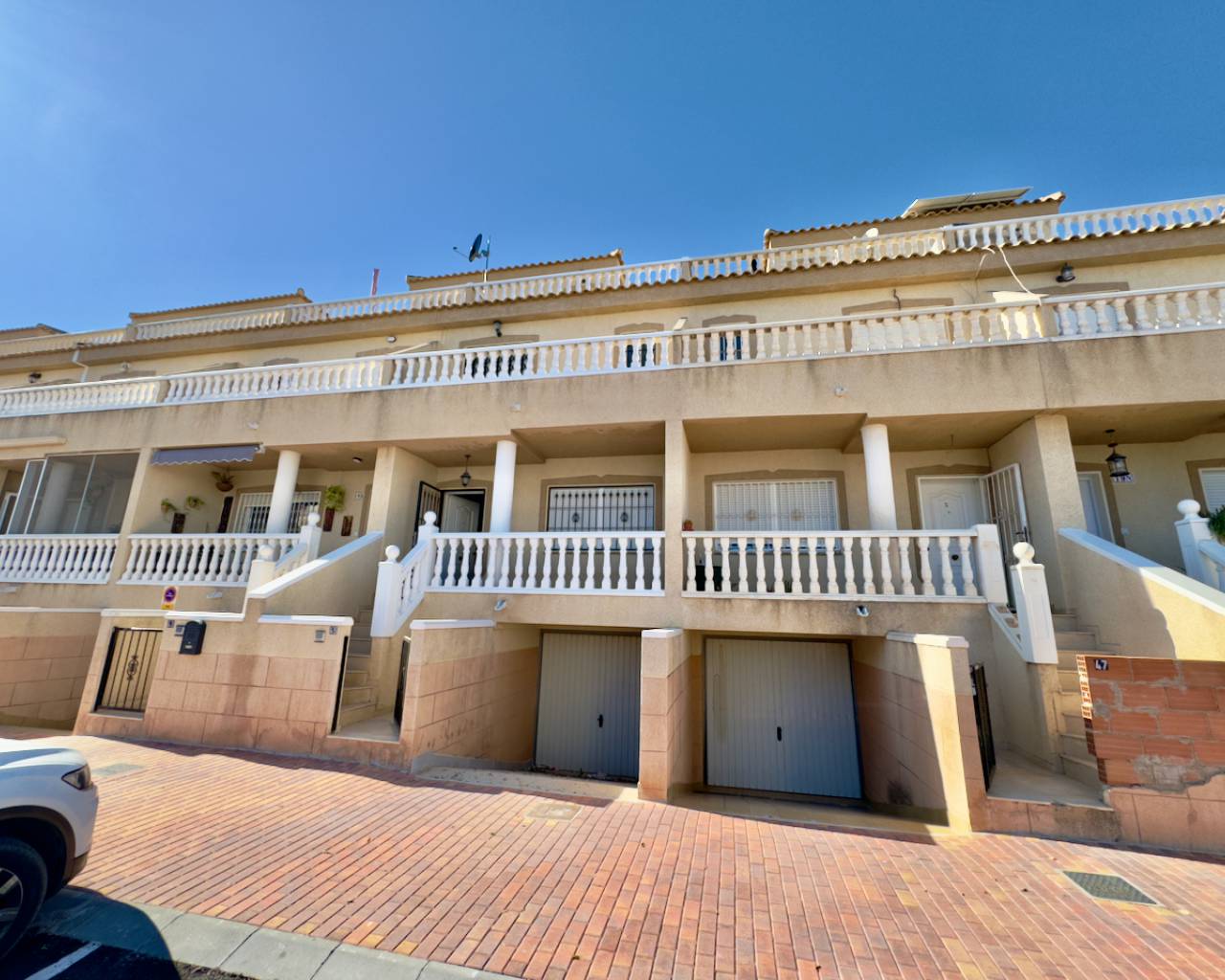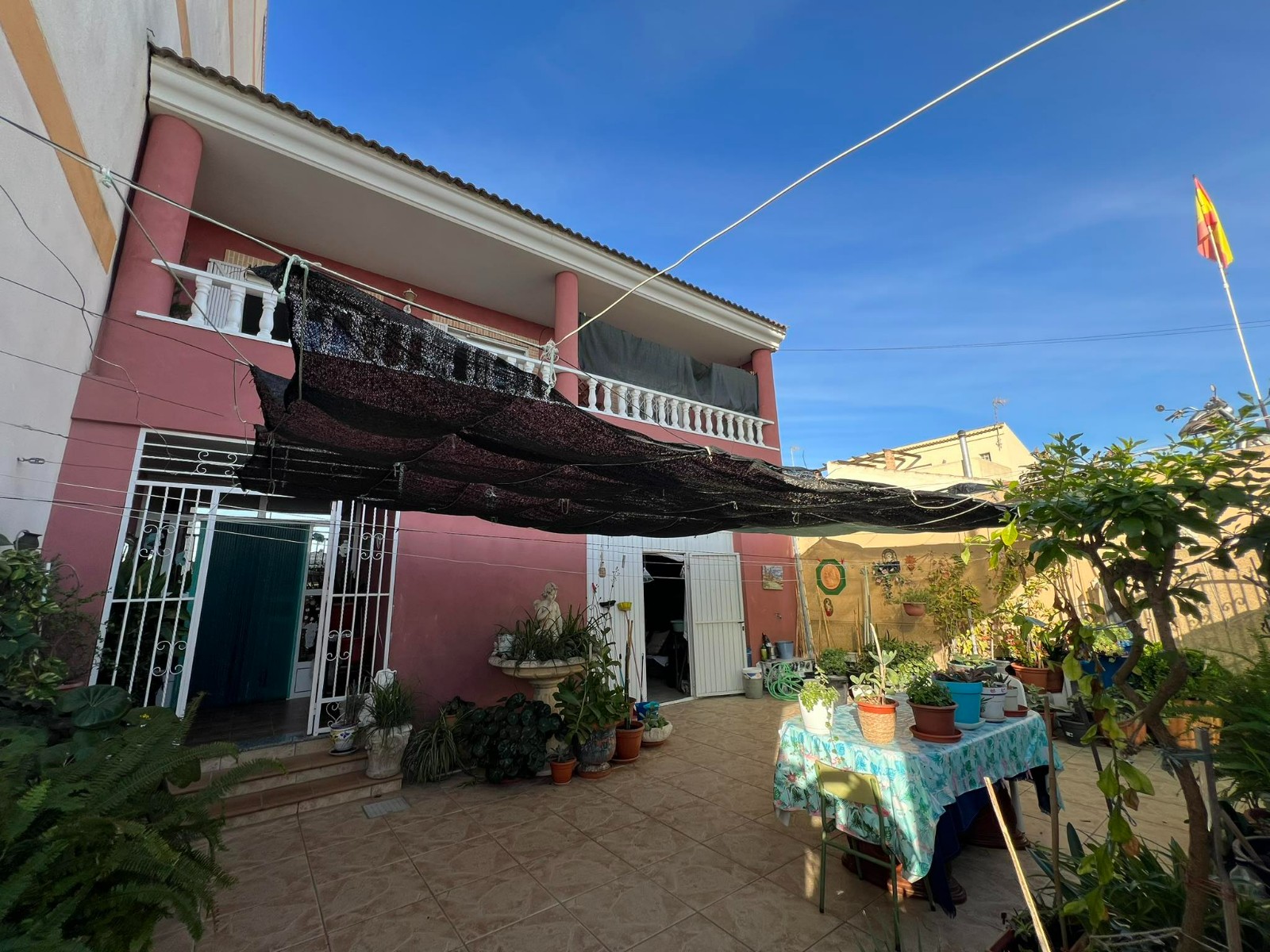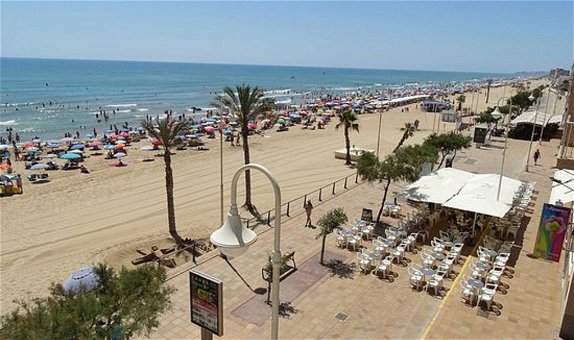Passport stamping and/or scanning?
Legendary helpful member
Hi all,
There have been two or three threads in the last couple of weeks about the inconsistency at border controls when it comes to stamping the passports of UK citizens who are either resident or non-resident of Spain (or other EU countries), when entering or exiting the country.
I think the article below, from Wednesday's edition of 'The Local' gives a useful explanation of the current situation and forthcoming changes in 2022:
"There are two changes coming up for travel in and out of the European Union that non-EU citizens such as Brits, Americans, Australians and Canadians need to be aware of.
"Due to come into force next year, two new border systems to be put in place will mean a slight change to travel in and out of the EU and Schengen zone for many.
"Because Brussels loves jargon both of these are known by acronyms – EES and ETIAS – and although they are two separate systems they are both expected to come into effect in 2022.
"Here’s what they will change:
1: EES – Entry/Exit System
"This doesn’t change anything in terms of the visas or documents required for travel, or the rights of travellers, but it does change how the EU’s external borders are policed.
"It’s essentially a security upgrade, replacing the current system that relies on border guards with stamps with an electronic swipe in/swipe out system that will register more details such as immigration status.
"Where – this is for the EU’s external borders, so doesn’t apply if you are travelling between France and Germany for example, but would apply if you enter any EU or Schengen zone country from a non-EU country eg crossing from the UK to France or flying into Germany from the US.
"What – Instead of border guards checking passports and stamping where applicable, there will be an electronic screening of some passports at the border.
"Many airports of course already have biometric passport scanners but they’re only checking that your passport is valid and the photo matches your face.
"The EES system also calculates how long you can stay within the EU, based on your rights of residency or your 90-day allowance, and also checks whether your passport has ever been flagged for immigration offences such as overstaying a visa.
"Who – this is for non-EU nationals who are entering the EU as a visitor (rather than residents). The system scans your passport and will tell you how long you can stay for (based on the 90-allowance or the visa linked to the passport).
"What about residents? Non EU nationals who live in an EU country and have a national residency card such as a carte de séjour in France or a TIE in Spain are not affected by this, since they have the right to unlimited stays within their country of residence.
"We asked the European Commission how the system works for residents and were told: “The Entry/Exit System will not apply to non-EU citizens holding a residence document or a residence permit. Their personal data will not be registered in the Entry/Exit System.
“It is enough if holders of such documents present them to the border guards to prove their status.”
"Based on this response it would therefore appear that those who have a residency card for an EU country shouldn’t use the passport gates with the automatic scanners, but should instead head to the queue with an in-person guard (if available) where they can show both their passport and residency document.
"However there’s no suggestion those with permanent residency will run into future problems if they do go through the automatic gates when entering the EU because their residency status is guaranteed – as long as they can prove it with their permit. Although they could face the inconvenience of a few extra questions next time they travel.
"When – the European Commission first started consulting on this in 2016 with a planned start date of 2020. The Covid-19 pandemic disrupted that, so the provisional start date is now the “first half of 2022”.
"What does this actually change? Apart from a more hi-tech process at the border, there are likely to be two main effects of this.
"For non-EU nationals who have residency in an EU country it could mean the end of the rather inconsistent process of passport stamping, which has been a particular issue for Brits since Brexit, with wildly inconsistent official practices by border guards that have frustrated many British residents of the EU and left them with incorrect stamps in their passports.
"For visitors to the EU this tightens up application of the 90-day rule. It doesn’t change the rule itself, but means that anyone attempting to over-stay or ‘play’ the system will instantly be spotted.
"The European Commission’s other stated aim is security, making it easier to spot security risks at the border.
2: ETIAS – European Travel Information and Authorisation System
"This is relevant only to non-EU citizens who do not live permanently in an EU country or have a visa for an EU country.
"It therefore covers tourists, second-home owners, those on family visits or doing short-term work.
"Citizens of many non-EU countries including the UK, the USA, Canada, Australia and New Zealand can spend up to 90 days in every 180 in the EU or Schengen zone without needing a visa – the so-called ’90 day rule’.
"From 2022 this will change – people are still entitled to spend up to 90 days in every 180, but the process will no-longer be completely admin free.
"Instead, travellers will have to fill out an online application before they travel.
"Once issued, the authorisation lasts for three years, so frequent travellers do not need to complete a new application every time but it must be renewed every three years.
"Each application costs €7, but is free for under 18s and over 70s.
"The European Commission says that applications should be processed within minutes, but advises travellers to apply 72 hours in advance in case of delays.
"It is expected to be introduced by “the end of 2022” but there is no firm date yet.
"For anyone who has travelled to the USA recently, the system is essentially similar to the ESTA visa required for short stays."
Kind regards,
Kim























 My name's Alex and this is my website all about Formentera Del Segura in Spain. Register now for free to talk about Brexit and the EU: living, holidaying and moving to Formentera Del Segura and much more!
My name's Alex and this is my website all about Formentera Del Segura in Spain. Register now for free to talk about Brexit and the EU: living, holidaying and moving to Formentera Del Segura and much more!














